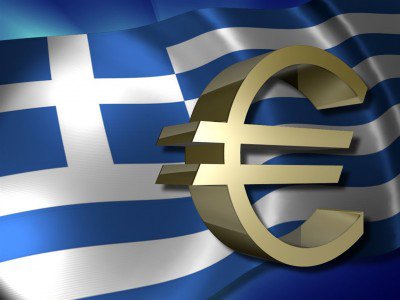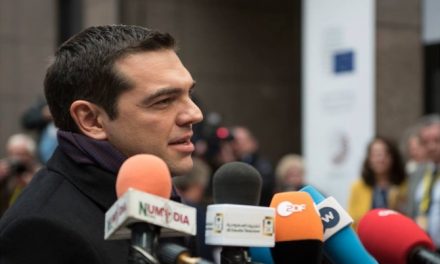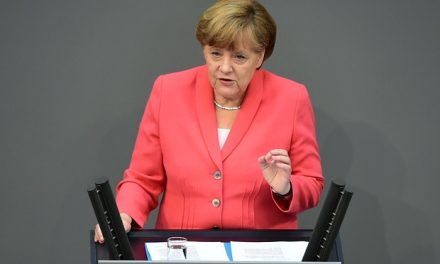By Dow Jones
Officials in Athens suggested that talks with Greece’s creditors over fresh bailout funds had reached a final stage, though European Union officials said negotiators still had much work to do before sealing a deal.
Teams from Greece and its international creditors resumed talks in Brussels overnight Australian time in a bid to overcome an impasse in their negotiations as Athens runs dangerously low on cash. The latest round began as US Treasury chief Jacob Lew urged both sides to “double down” in their efforts to reach a deal to solve the country’s debt crisis, saying it would be wrong to assume that a disorderly Greek exit would be painless.
“No one should have a false sense of confidence that they know what the risk of a crisis in Greece would be,” Mr Lew said in an address to students at the London School of Economics.
The US Treasury Department later said that Mr Lew spoke on Wednesday to Greek Prime Minister Alexis Tsipras by phone. “Secretary Lew reiterated that failure to agree on a path forward would create immediate hardship for Greece and broad uncertainties for Europe and the global economy,” a Treasury spokeswoman said.
Mr Tsipras told reporters after a meeting at the Finance Ministry that the two sides were close to an agreement. A senior Greek government official, meanwhile, said Greece and its creditors would start drafting a final list of overhauls and budget cuts that Athens needs to implement to secure fresh bailout funds.
But Valdis Dombrovskis, vice president of the European Commission, played down hopes of a resolution soon, saying Greece and its creditors were still some way from a deal.
“There needs to be a comprehensive reform package presented by the Greek government in order to successfully complete the review,” Mr Dombrovskis told reporters.
German Finance Minister Wolfgang Schaeuble also said that no progress in substance has been made.
“We always hear positive news coming out of Greece, which is good. However, we haven’t gotten much further in substance in the negotiations between the three institutions and the Greek government,” he said on German television. “That’s why I am always a bit surprised that people in Athens always say we are close to reaching an agreement.”
The negotiations between the negotiating teams in Brussels are expected to continue to the end of the week and talks between eurozone finance ministry officials are scheduled for Thursday.
Greece is under pressure to agree to economic overhauls with its creditors to unlock new financing. Athens is believed to have enough cash left to repay a loan of €300 million ($A423m) to the International Monetary Fund on June 5, but likely won’t have enough to cover three further repayments due mid-June.
The government has been holding stop-start negotiations with its creditors for weeks, but there is still dissatisfaction with Greece’s promises on economic reforms. Significant differences remain on pensions, privatisation, labour laws and fiscal austerity.
According to the Greek official, there is still disagreement between European institutions and the IMF, adding that if approval by the IMF wasn’t necessary, “the deal would have closed by now.”
The official said that while the commission and the European Central Bank want a deal by the end of the month, IMF officials insist that there should be a comprehensive agreement on a list of economic overhauls and not a “quick and-dirty” deal.
But EU officials have also insisted that a comprehensive policy package is key to securing a deal, which would allow financing to flow, initially in the form of a permission by the ECB for Greece to sell more short-term debt to its banks. Without an agreement, Greece’s creditors won’t be able to unlock any further aid disbursements, officials say.
Mr Tsipras said that the country’s deposits weren’t at risk and that wages and pensions would be paid normally.
“We have to deal with three different institutions that sometimes have contradictory views,” the Greek premier said.
Greece’s central bank didn’t request an increase to the amount Greek banks can borrow under the ECB’s emergency lending program, two people familiar with the matter said.
“There hasn’t been any raise, since there is an unused liquidity buffer of 3 billion euros ($3.3 billion) and deposit outflows have stabilized,” a Greek bank official said.



















